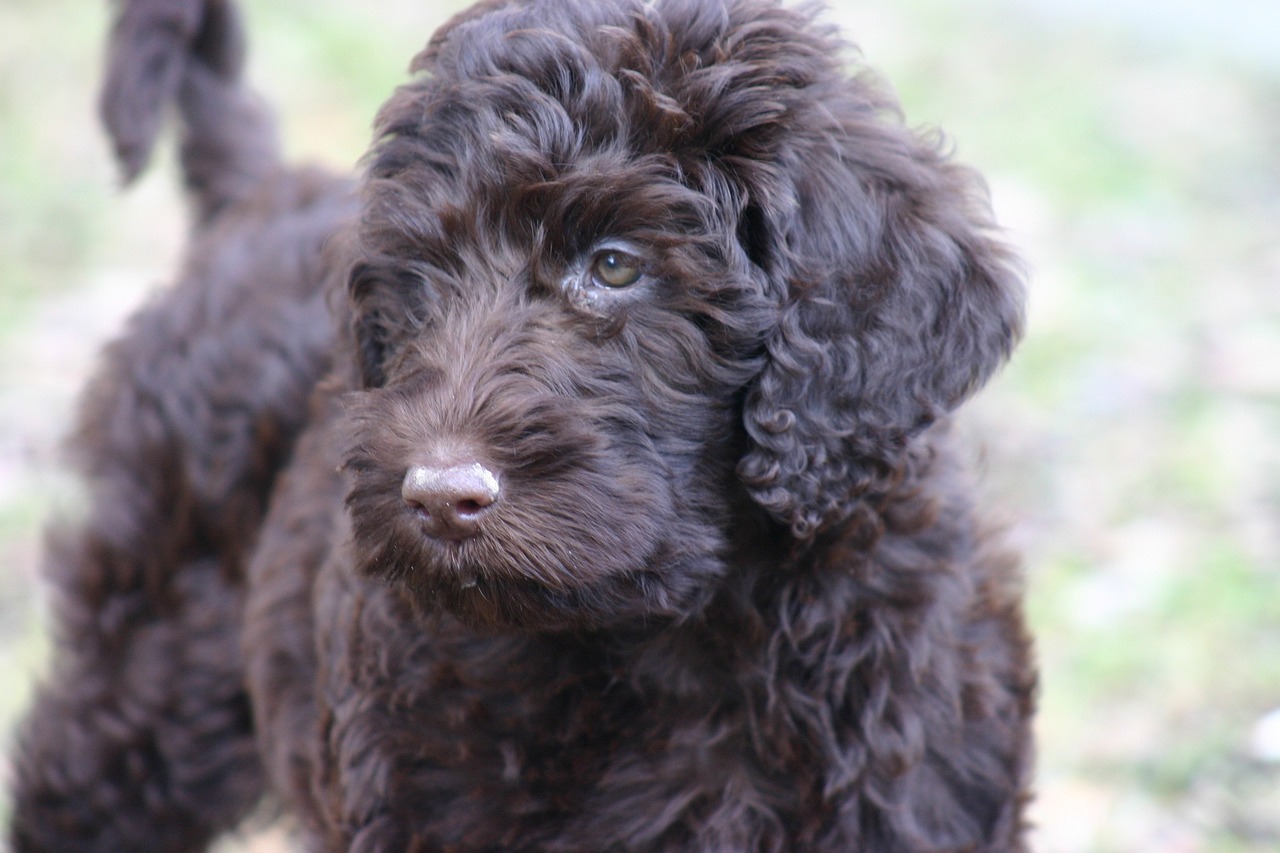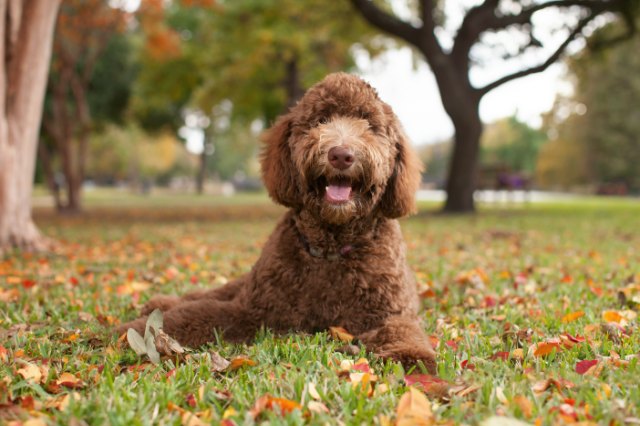Labradoodles
No products found which match your selection.
Shelter Dog Meal Donation Count:
No products found which match your selection.
Labradoodles have grown in popularity due to their friendly nature, intelligence, and potential for reduced shedding, making them a favored choice for many families and individuals seeking a loyal companion.
Labradoodles combine the best traits of Labrador Retrievers and Poodles, resulting in a breed that’s intelligent, friendly, and suitable for families and individuals with allergies. They are often used as therapy and assistance dogs due to their gentle nature and quick learning ability.

The Labradoodle was first bred in Australia in the late 1980s. The initial purpose was to create a hypoallergenic guide dog. The combination of the Labrador Retriever’s temperament and the Poodle’s coat and intelligence made the Labradoodle an instant hit.




Common Health Issues: Like all breeds, they can be prone to certain genetic health problems, including hip dysplasia, elbow dysplasia, and eye diseases. Veterinary Check-ups: Regular vet visits are essential for early detection and management of potential health issues.
Coat Care: Requires regular brushing to prevent matting and tangling. Professional grooming is recommended every 6-8 weeks. Nail Trimming and Ear Care: Regular nail trimming and ear cleaning are important to prevent infections.
Activity Requirements: High. Daily exercise like walks, runs, and playtime are necessary. Mental Stimulation: Engaging in interactive games and training exercises to keep their minds active.
Trainability: Highly trainable due to their intelligence. Positive reinforcement techniques work best.
Diet: High-quality dog food suitable for their age, size, and activity level. Feeding Schedule: Regular feeding schedule, avoiding overfeeding to prevent obesity.
Owning a Labradoodle is a rewarding experience, offering companionship, love, and a lot of fun. With proper care, exercise, and training, your Labradoodle will be a joyful addition to your family.
Labradoodles, like any breed, can be prone to certain health issues. It's important to be aware of these potential problems and the recommended tests to ensure they lead healthy lives. Here's an overview:
By being proactive about health care and regular veterinary visits, Labradoodle owners can help ensure their pets lead long, healthy lives.
The iHeartDogs Free Rx Discount Card Program is a pet prescription discount card that can help you save money on your furry friend’s medications. The card is free to sign up for, and you can use it at participating pharmacies nationwide. To use the free program, simply show the card to your pharmacist when you pick up your pet’s prescription. The pharmacist will then scan the card, and you will receive a discount on the price of the medication.LEARN MORE
Caring for a Labradoodle, or any dog, involves various expenses that can vary based on location, the dog’s size, and individual needs. Here’s a breakdown of the typical costs associated with caring for a Labradoodle:
Total Estimated Annual Cost:
$3000 - $7299
It's important to note that these figures are estimates and can vary. Also, the first year of owning a dog can be more expensive due to one-time costs like spaying/neutering, initial vaccinations, and training. Regular budgeting for your dog's needs and an emergency fund for unforeseen costs are essential for responsible pet ownership.